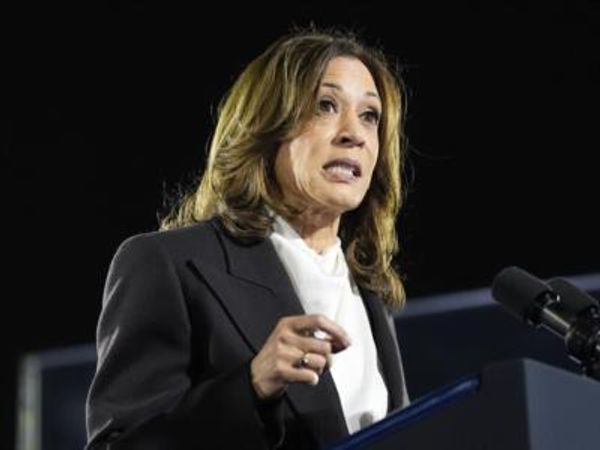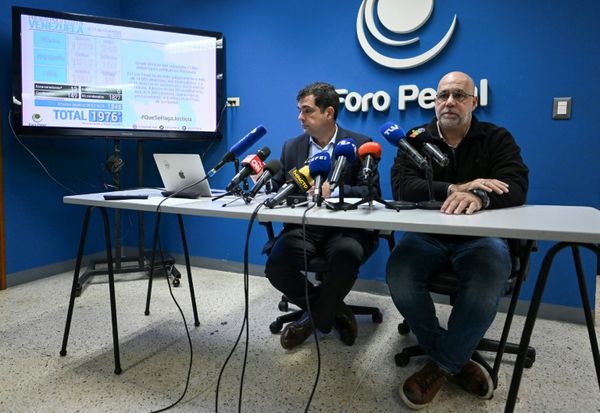
A California judge has issued a preliminary injunction halting a hearing in a dispute between a prominent agricultural company and the largest farmworkers' union in the country. Kern County Superior Court Judge Bernard C. Barmann Jr. temporarily blocked the hearing, which involved negotiations for a labor contract for nursery workers at the Wonderful Co.
The conflict revolves around a law enacted in California in 2022 that aims to simplify the process for farmworkers to form labor unions by eliminating the requirement for physical polling place voting. Earlier this year, a group of nursery workers at Wonderful unionized under the new law, known as the 'card check' law. However, Wonderful raised objections, alleging fraudulent practices in the unionization process.
The dispute was being addressed in a hearing with an administrative law judge, but Judge Barmann's ruling put the proceedings on hold. In his 21-page decision, Barmann emphasized the importance of protecting constitutional rights in the matter and stated that the public interest favored granting preliminary injunctive relief.
Wonderful, a multi-billion dollar company recognized for its products such as Halos mandarin oranges and Fiji water brands, filed a lawsuit in May challenging the constitutionality of the state's new law. The company expressed satisfaction with the court's decision to pause the certification process pending a thorough examination of the Card Check law.
A spokesperson for the United Farm Workers (UFW) highlighted that the law has historically required employers to address concerns regarding union elections through an objections process before resorting to legal action. The UFW anticipates that the appellate court will overturn the recent ruling.
Since the implementation of the 2022 law, at least four other groups of farmworkers in California have organized under its provisions, which enable workers to establish unions by signing authorization cards. Notably, California has long safeguarded the right of farmworkers to unionize, a protection that is not afforded by federal labor organizing laws in the United States.







